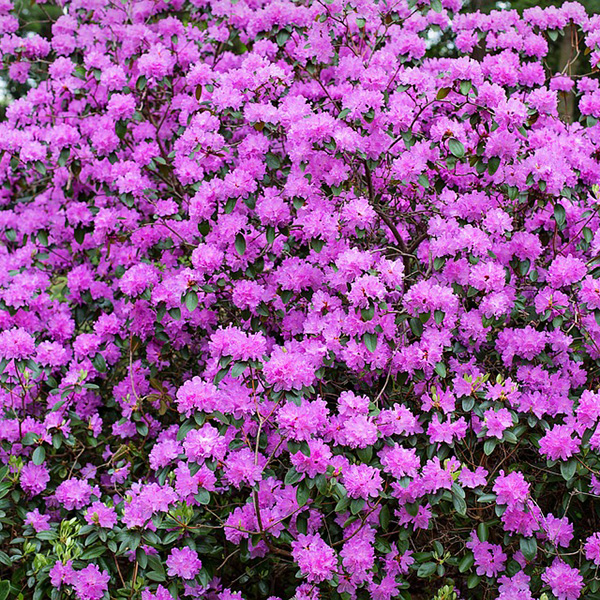 Even gardeners with the greenest of thumbs can sometimes use all the help they can get. One way to enhance your gardening experience is to visit the best Garden Center in the Tampa FL area. Cypress Creek Landscape Supply is the go-to place for landscape architects, contractors, and homeowners with serious landscaping aspirations. Now that you know where to go for all of your gardening needs, check out the following top gardening tips.
Even gardeners with the greenest of thumbs can sometimes use all the help they can get. One way to enhance your gardening experience is to visit the best Garden Center in the Tampa FL area. Cypress Creek Landscape Supply is the go-to place for landscape architects, contractors, and homeowners with serious landscaping aspirations. Now that you know where to go for all of your gardening needs, check out the following top gardening tips.
Know what the USDA Hardness Zone is where you live. Your zone should be used to guide you as you choose shrubs, trees, fruits, vegetables, and perennials to plant.
It generally takes three years for perennials to reach mature growth, per the old adage that over that span of time, they “sleep, creep, and leap.”
Bushes and shrubs can help to “insulate” your home if you plant them strategically along your front elevation. You can save on heating costs in winter by creating a wind barrier with landscaping.
Lilacs and other spring-flowering shrubs, as well as large-flower climbing roses, should be pruned immediately after the blooms fade. Next spring’s flower buds will be removed if you prune these plants in autumn or winter.
Don’t cut your grass shorter than two inches in length if you want to avoid susceptibility to weed growth.
Weed early and frequently to prevent weeds from going to seed. Hand-weeding and hoeing are the best strategies for weed control in your garden.
Before the ground freezes in fall, plant daffodils, tulips, and other spring-blooming bulbs.
Soil quality determines the robustness of growing plants, not the fertilizer. Soil structure is at its best when it is easy to dig, crumbly, and easily accepts water. Well-aged manure and compost are recommended for soil fertilization.
To help with root establishment, dig a hole larger than a plant’s soil ball when you transplant container-grown plants.
The best watering is 1 to 2 inches of water in one soak per week. The problem with watering more frequently for short spans of time is that the water doesn’t reach the roots.
 Wait until after it has rained to transport plants. The moist soil will prevent the roots from cracking.
Wait until after it has rained to transport plants. The moist soil will prevent the roots from cracking.
You can burn your plants if you water in the hottest hours of the day. Watering in the morning or at twilight is best.
Herbs tend to be invasive; mint is the worst. Plant herbs in separate areas from other foliage.
New plants do best in cool soil. Choose a cloudy day for spring planting.
The best of all plant foods is vegetable soup. Water your plants with the broth from cooking vegetables.
If you have a container gardener, use a thin layer of gravel to line it. This will help to ensure proper drainage.
To help prevent weeds and grass from taking over, use rocks to edge your flowerbeds.
Only composted manure that has had a minimum of six months to cure should be used in your garden. Plants can be burned by fresh manure because of high nitrogen content and the fact that it may contain parasites or disease-producing agents.
When growing vegetables, be sure they get a minimum of 8 hours of direct sunlight daily. Full sun is required for most vegetable plants to thrive.
Between 68º and 77º is the optimal temperature range for ripening tomatoes. Green fruits won’t ripen in consistent temperatures of 49º and below. It’s too hot at 85º for plants to produce the pigments that create fruit color.
Visit Cypress Creek Landscape Supply at 12734 N. Florida Avenue for Florida-friendly plants, gravel, fertilizers, herbicides, patio furniture, and all of your gardening needs. We have everything required to achieve your loftiest gardening goals.